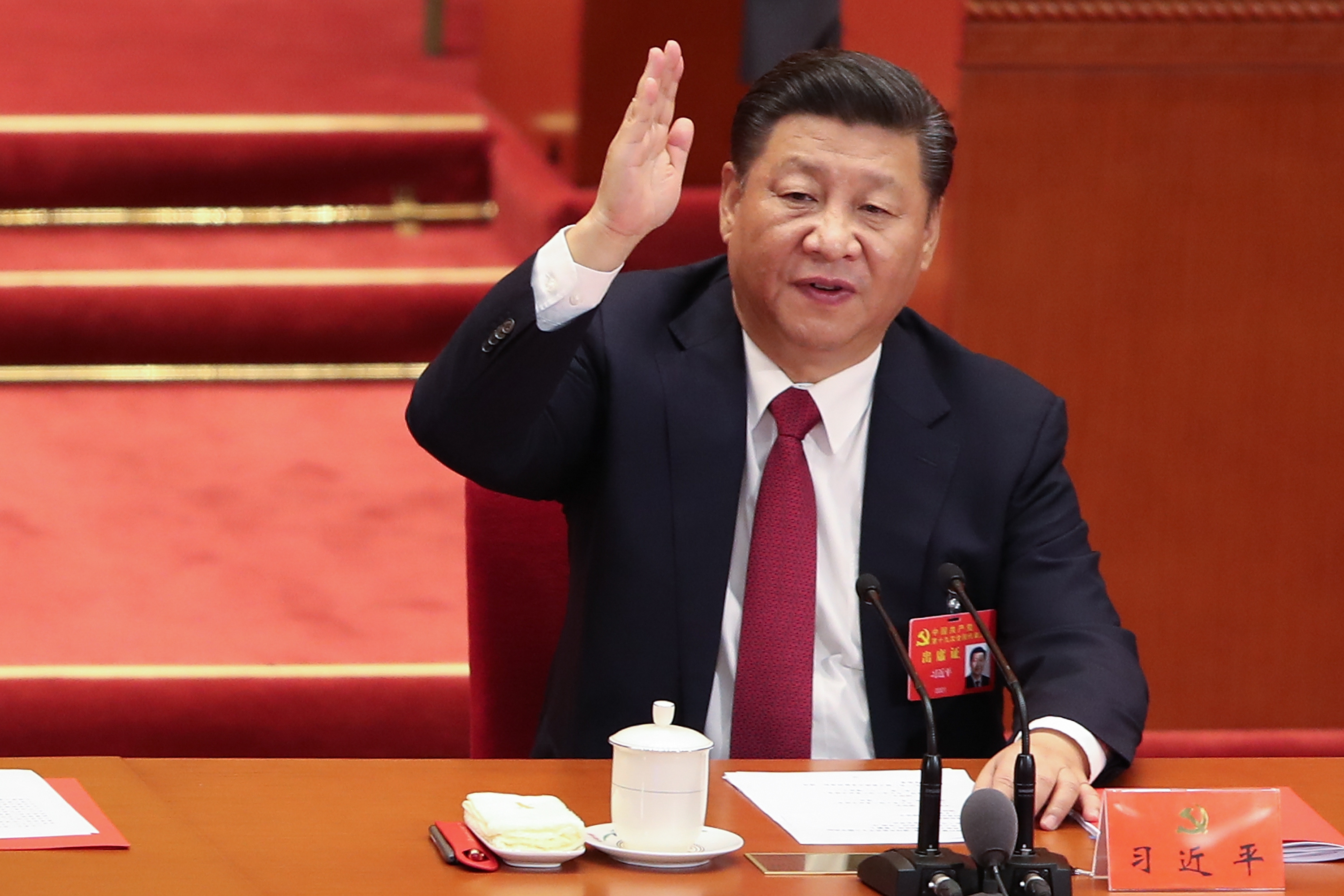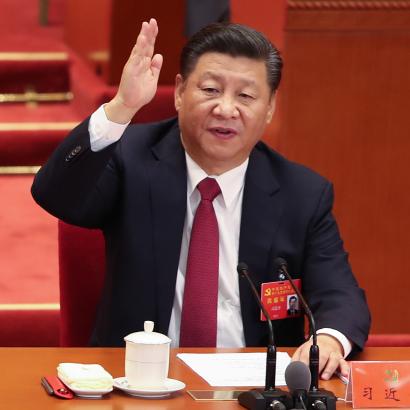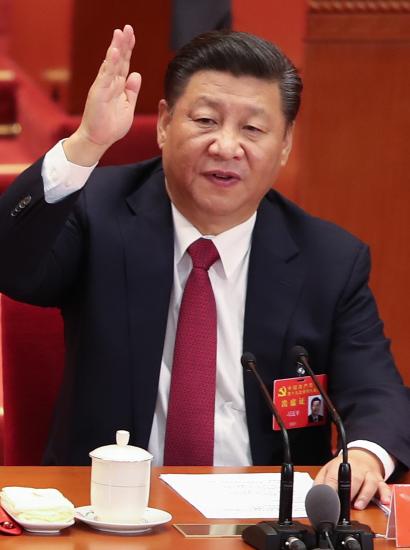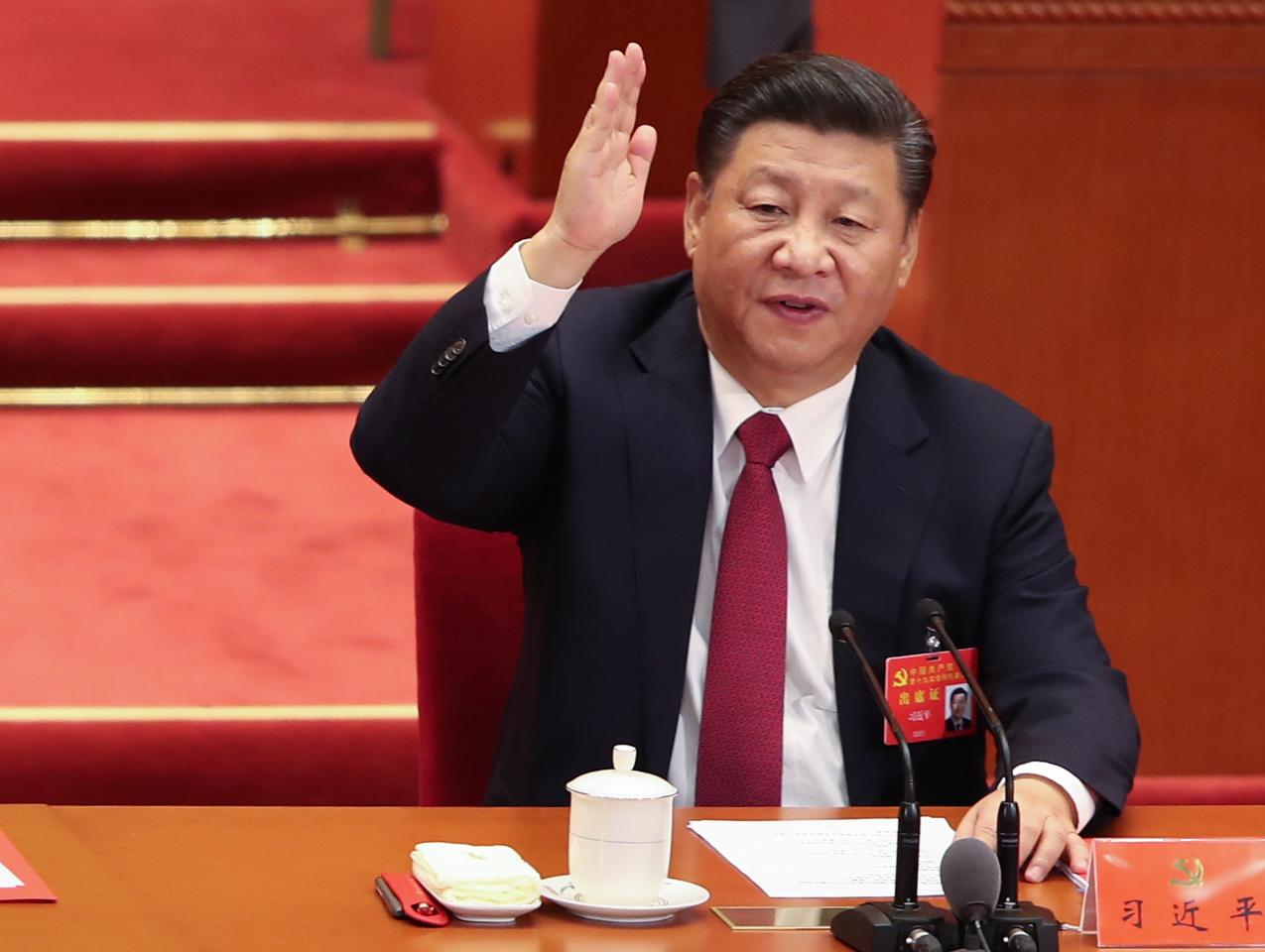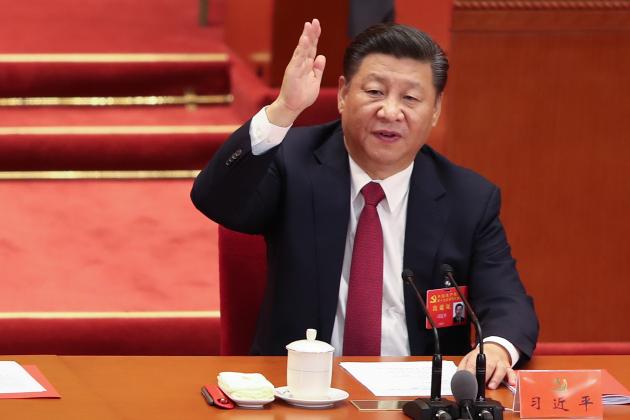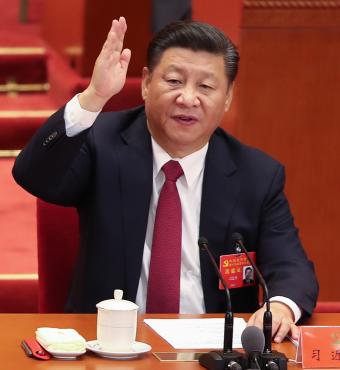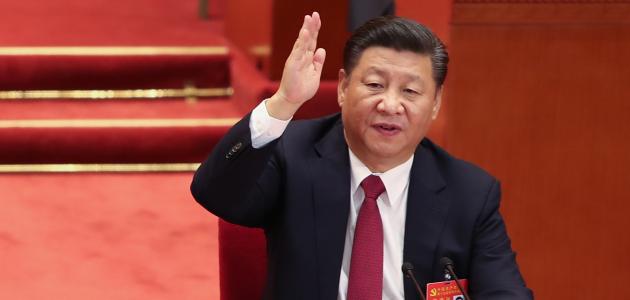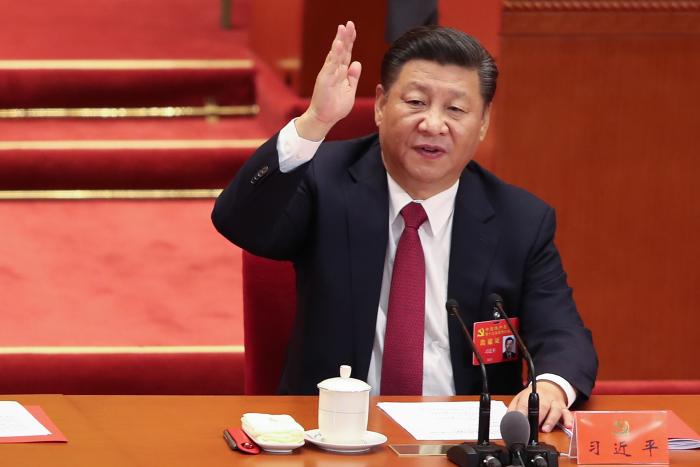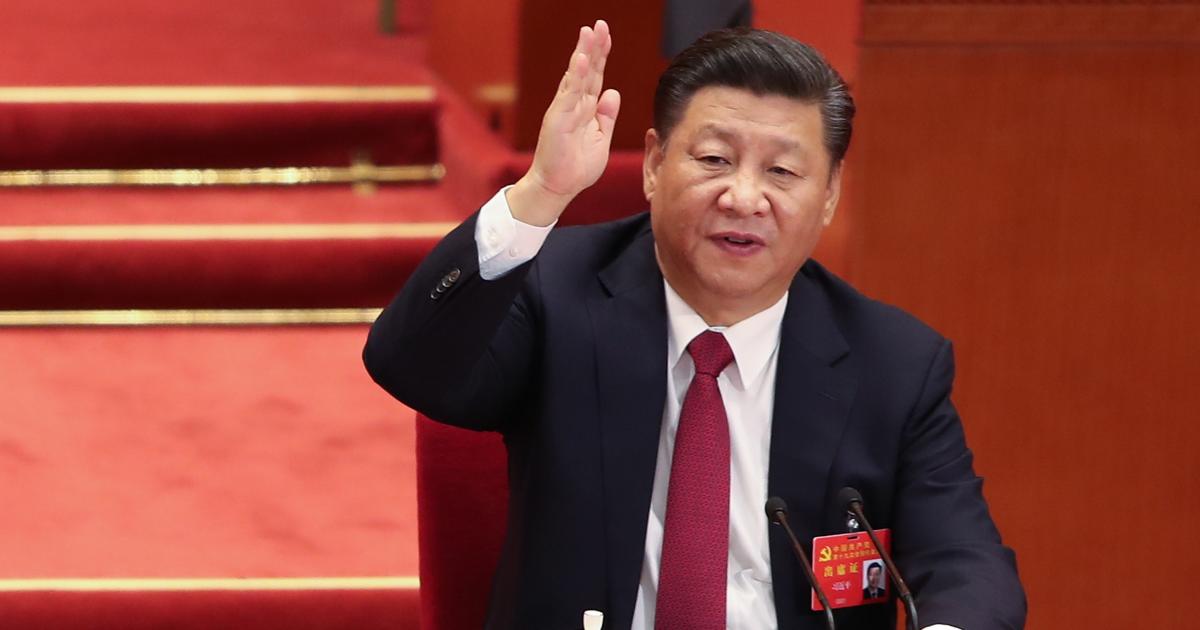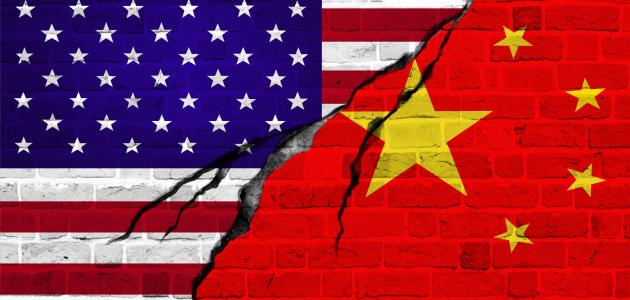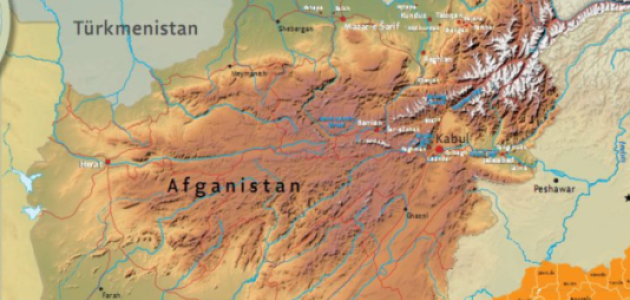In this edition of the Hoover Institution Briefing on Confronting and Competing with China, Hoover scholars explore many facets of China’s role in the world, including its technological rise, the scale and scope of its authoritarian system, its relationship with the United States, and the future of that relationship as trade ties between both nations begins to sour. Also featured in the briefing is a variety of events Hoover held in the past several months that convened experts on China to discuss its future, the threat it poses to nearby Taiwan, and how US policymakers can better understand Xi Jinping and the Chinese Communist Party.
Featured Analysis

Policy Stories: China's Alternative Order
In an episode of Policy Stories released earlier this year, Senior Fellow and US, China, and the World Cochair Elizabeth Economy outlines how China is working to construct an alternative world order through sponsorship of new international organizations to compete with ones in which the United States plays a leading role. China has embarked on large global-scale projects including the Belt and Road Initiative, the Global Development Initiative, and Global Security Initiative. Economy says China’s leadership looks to diminish Western influence and reshape the international order into one dominated by Chinese principles and influence. It offers an alternative vision that resonates with many non-Western nations seeking greater sovereignty and voice in global affairs. To counter this, Economy argues that the United States must offer its own positive vision for change through strengthening partnerships, reforming institutions, and demonstrating that democratic societies provide the best path to prosperity.
Watch the episode here.
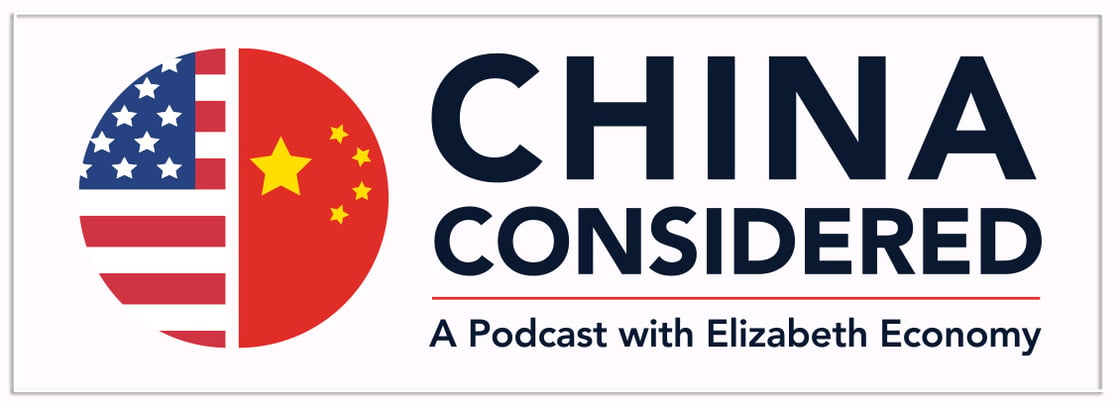
China Considered Explores Future of US-China Relations, Doing Business in China, and Democracy
On the last several episodes of China Considered, Senior Fellow Elizabeth Economy spoke with several leading experts on US-China relations, the impact of China’s rise on the global health of democracy, and what it’s like to invest and trade inside China. Guests included Christopher Walker of the National Endowment for Democracy, Visiting Fellow Matthew Turpin on US-China Relations, Patrick Jenevein of Pointe Bello on investing in China, and Gary Rieschel on operating as a venture capitalist in China.
Watch all episodes here.
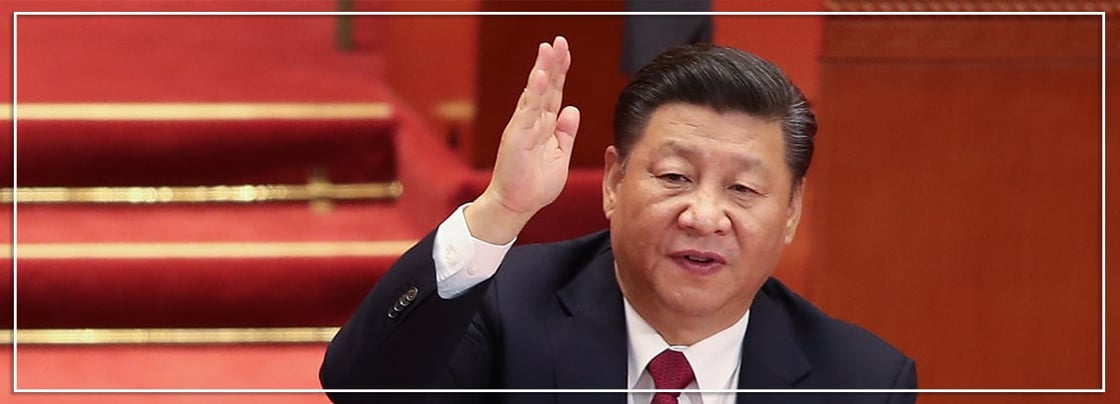
Elizabeth Economy Reviews Two China-Focused Books for Foreign Affairs
For the current May/June issue of Foreign Affairs, Senior Fellow Elizabeth Economy reviews two recent China-focused books. Economy praises the first—On Xi Jinping: How Xi’s Marxist Nationalism Is Shaping China and the World, written by former Australian Prime Minister and Foreign Minister Kevin Rudd—for not being “overly deterministic” about the role of ideology in its analysis of Xi’s statecraft. Reviewing The Great Transformation: China’s Road from Revolution to Reform, by Odd Arne Westad and Chen Jian, Economy notes the authors’ “flair for dramatic storytelling” while commending their “serious argument about how events in the twentieth century”—such as the decline of leftist political radicalism in the 1960s and Deng Xiaoping’s rise to party leadership in the late 1970s—“shaped China today.”
Read Economy’s review of On Xi Jinping here. [Subscription required.]
Read Economy’s review of The Great Transformation here. [Subscription required.]
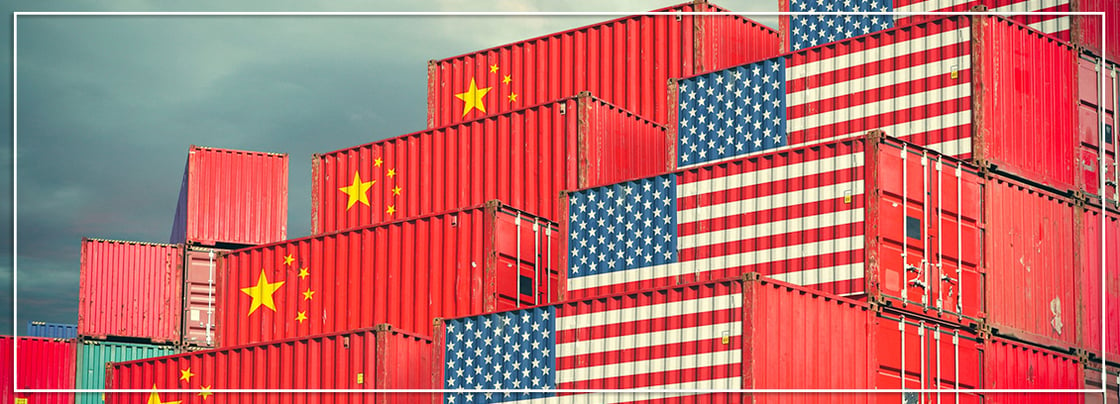
Economy on Tariffs and Trade Policy with China
In the New York Times, Economy offered her insights into the effect US tariffs will have on China. In an article published on April 23, Economy says it appears the Trump administration underestimated China’s ability to retaliate against US trade measures, the power China wields to impact the US economy by other means, and the ability of Chinese Premier Xi Jinping to blame the US for any consequences the Chinese economy faces.
Read more here. [Subscription required.]

Empire of Illusion: Frank Dikötter on Why China Isn’t a Superpower
In a new episode of Uncommon Knowledge, Hoover Institution Senior Fellow Frank Dikötter joins Distinguished Policy Fellow Peter Robinson to discuss his book China After Mao: The Rise of a Superpower. Drawing on decades of research and firsthand experience, Dikötter argues that China’s image as a modern superpower is a carefully crafted illusion built on repression, propaganda, and fear. Despite gleaming cities and impressive-seeming economic statistics often cited by the West, he asserts that much of China’s so-called growth has been built on the backs of an impoverished population, often without its consent or benefit.
Watch the episode here.
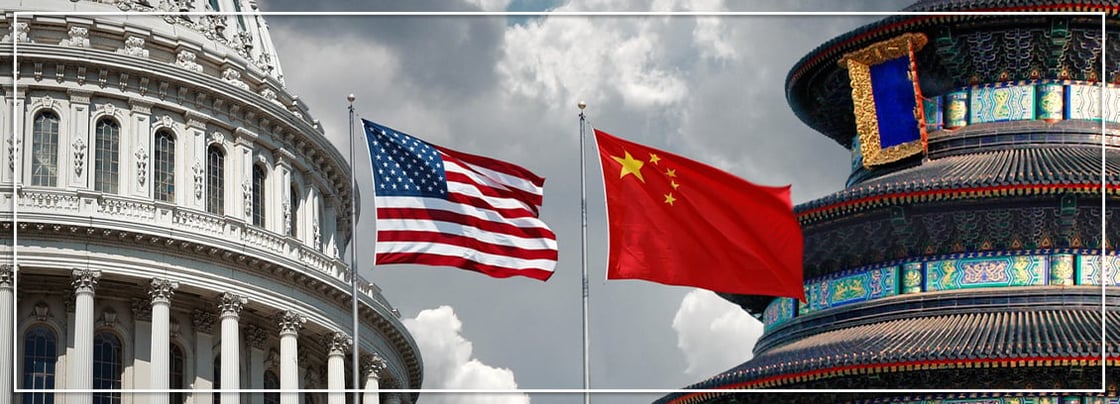
Matt Pottinger: China and America Aren't Just in a Trade War
Writing in The Free Press, Distinguished Visiting Fellow Matt Pottinger and Liza Tobin assert that Wednesday’s announcement of 125 percent tariffs on China’s exports to the US amounts to a global “great divorce” between the US and Chinese economies, with “the rest of the world up for grabs as part of the settlement.” They maintain that while Trump has the upper hand on trade, the US could still lose the competition overall based on China’s technological advances and a possible invasion of Taiwan. That’s because if the People’s Republic of China seizes Taiwan, its supplies of high-end semiconductors will fall into China’s hands. The authors also urge the US not to alienate its allies such as Japan, Australia, the United Kingdom, and the European Union with continued tariffs.
Read more here.
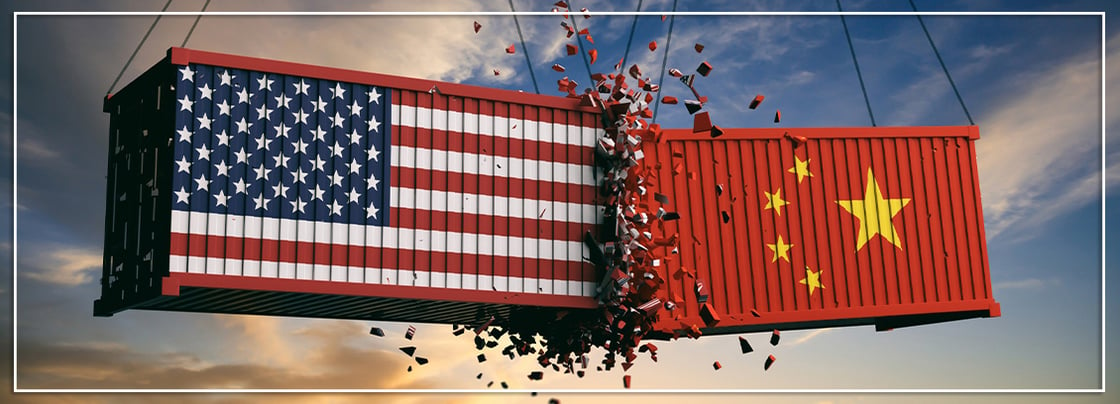
Matt Turpin on Trump Trade Policy and China
On his Substack, Visiting Fellow Matthew Turpin methodically dissects the math, policy motivations, and impact of the April 2 “Liberation Day” tariff announcement by US President Donald Trump. Instead of tightening a cordon around China, who Turpin argues deserves harsh trade treatment due to its unfair practices, the Trump administration instead spread the pain around, even to major allies like Canada, Australia, the EU, and Japan. In addition, Turpin explains that in order to be effective at reshoring manufacturing back to the United States, the tariffs must be permanent, because even a future deal four years from now will negate the incentive they generate to make costly factory relocation decisions that would need to amortize over decades or even generations.
Read more here.
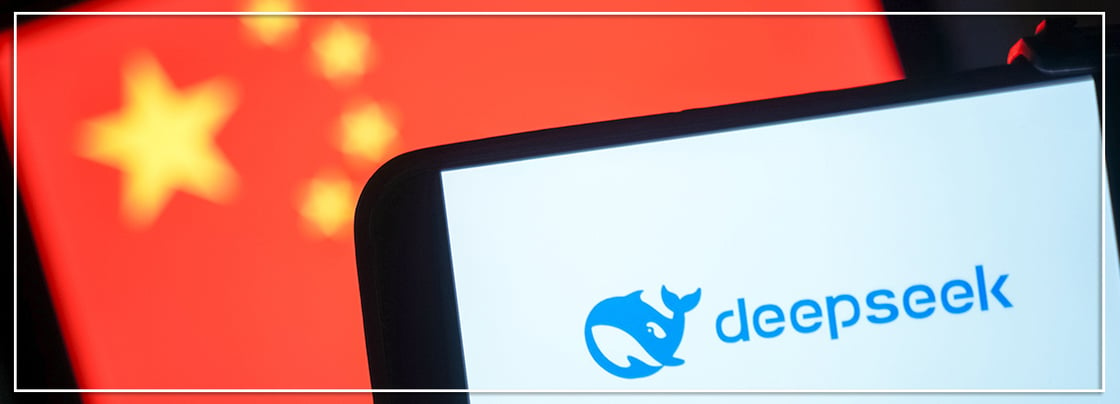
A Deep Peek into DeepSeek AI’s Talent and Implications for US Innovation
Taking a close look at the AI talent that worked to develop Chinese AI firm DeepSeek’s breakthrough R1 model, Senior Fellow Amy Zegart and coauthor Emerson Johnston examined the training and educational backgrounds of hundreds of AI scholars who have worked for DeepSeek since its founding in 2023. Of the 201 DeepSeek researchers whose prior experience they could identify with confidence, 171 were currently affiliated with a Chinese university or related research institution, while only 15 were attached to an employer in the United States. Also, of the 49 DeepSeek researchers who had a US research position at any point during their careers, most spent only a year or less working in the US. “Most of DeepSeek’s researchers are not being trained in the United States, and those who are trained here are not retained. Instead, they are passing through,” Zegart and Johnston write.
Read more here.
Highlights
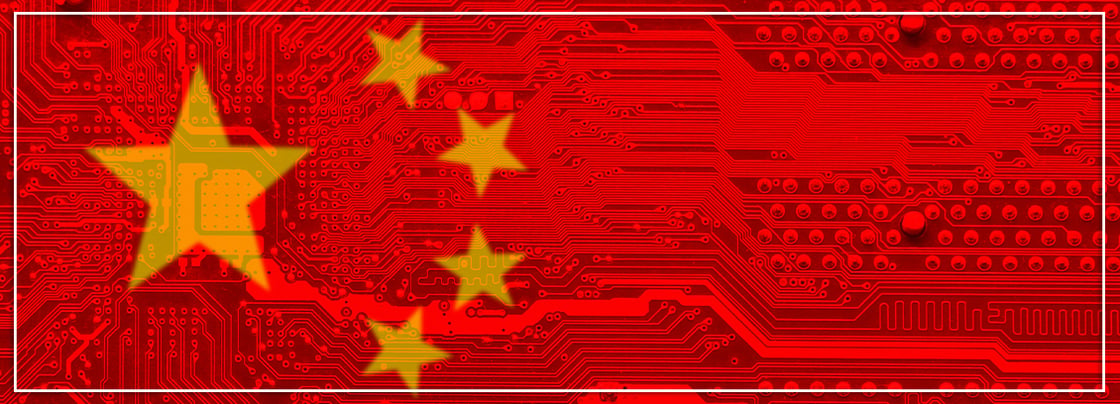
Digital Authoritarianism and Strategies to Promote a Democratic Digital Future
Scholars gathered at the Hoover Institution on April 28, 2025, to discuss how China uses extensive data collection, surveillance, and other coercive measures to enhance and even export its authoritarian governance model abroad.
Featuring speakers including Beth Kerley of the National Endowment for Democracy, Charles Mok of Stanford’s Cyber Policy Center, Valentin Weber of the German Council on Foreign Relations, Christopher Walker of the National Endowment for Democracy, and Hoover Senior Fellow Larry Diamond, the event focused on strategies to counter the rising concern of digital authoritarianism worldwide, a form of governance that leverages digital technologies to monitor, control, and suppress populations, undermining democratic principles and human rights.
Watch the event here.
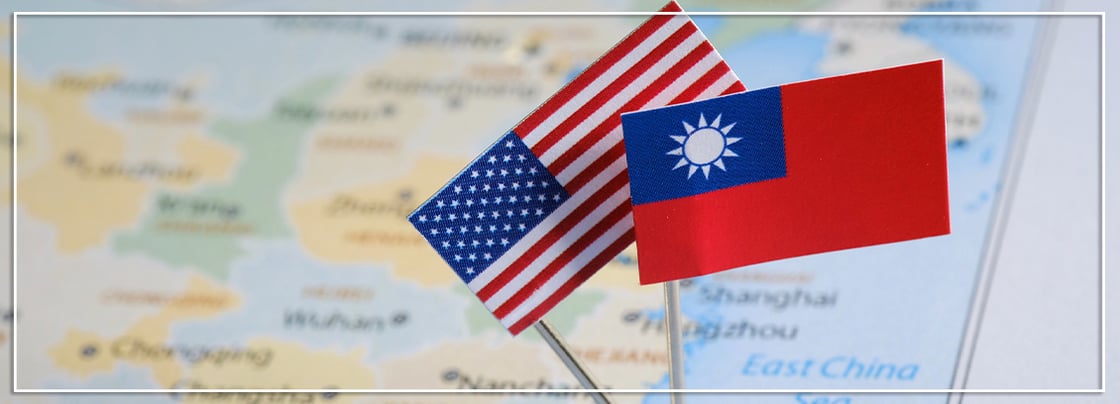
Taiwan’s Top US Diplomat Urges Further Collaboration with US During Hoover Visit
Taiwan’s representative to the United States, Alexander Tah-ray Yui, advocated for continued and enhanced US support as Taiwan continues to grapple with pressure from the People’s Republic of China (PRC), during a comprehensive talk at the Hoover Institution on February 28.
Invited by the Hoover Project on Taiwan and the Indo-Pacific Region, Yui has led Taiwan’s Economic and Cultural Representative Office in Washington, DC, since December 2023. Prior to assuming his current post in Washington, he served as Taiwan’s vice minister of foreign affairs from 2021 to 2023. In the discussion, Yui detailed his concern over the PRC’s unwavering objective to bring Taiwan into its fold, a strategy he likened to “slow cooking the frog,” underscoring that Beijing's long-term goals have not changed and will not change despite shifts in diplomatic tactics.
Read more here.

USCW Cochair Glenn Tiffert Addresses Scottish Leaders on China and AI
Distinguished Research Fellow and US, China, and the World Cochair Glenn Tiffert spoke to Scottish policymakers in Edinburgh on March 5 about China’s role in the rise of AI, emerging technologies, and new energy development. Tiffert described the dynamics of China’s influence in critical and emerging technological spheres. He also spoke about the global implications of China’s technological growth regarding policy and security for the US and Europe. He took questions from attendees about intricate intersections of geopolitics and innovation. The event was cosponsored by the Scottish Council on Global Affairs, the University of Edinburgh, the US Consulate General in Edinburgh, and the US Embassy in London.
Read more here.
For more on Confronting and Competing with China, go to
https://www.hoover.org/focus-areas/confronting-and-competing-china







